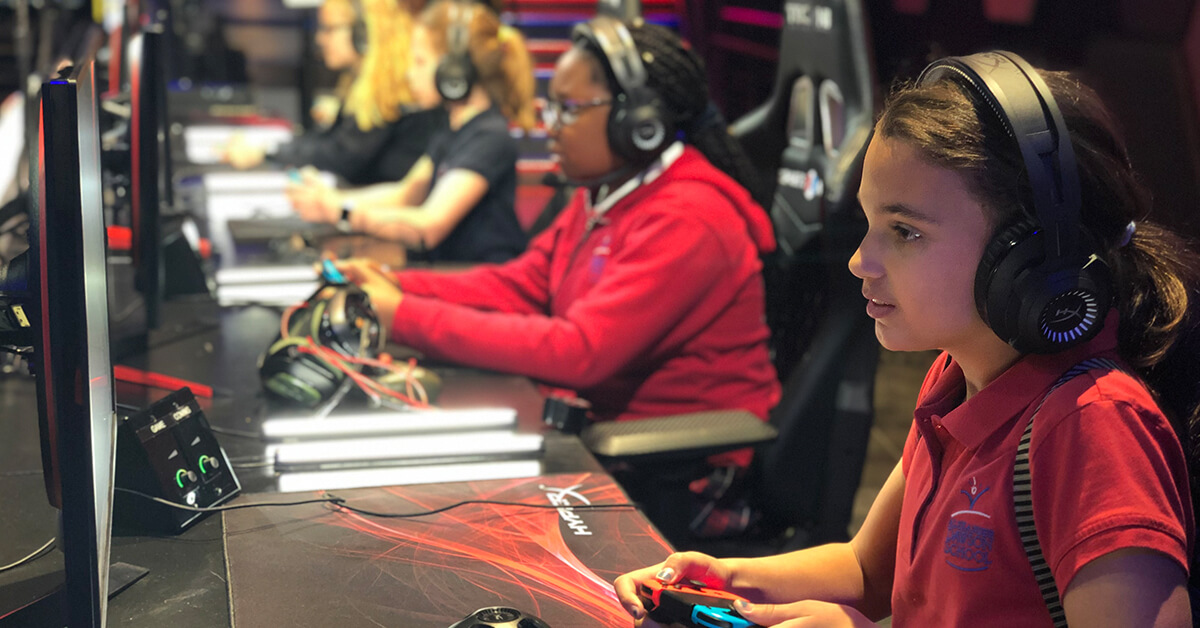A new and emerging trend throughout K-12 education is the creation of esports programs. At The Alexander Dawson School in Las Vegas, Nevada, our esports elective course is one of the most popular. Now, a question: Did you immediately envision students mindlessly playing video games in a classroom for 50 minutes? I wouldn’t be surprised if you did. In spite of its global popularity and exponential growth as an industry, the term esports still evokes for many the image of hypnotized children playing video games alone in their rooms for hours on end. But those of us who teach esports courses and run esports school teams and leagues know that it is not only a legitimate sport, it’s also a terrific vehicle through which to teach a host of valuable education-based and interpersonal soft skills.
Through esports, the options and opportunities for student learning are limitless. Even the cognitive and social development benefits are of note, including positive boosts to visual processing, executive functioning, problem-solving and strategy development, as well as interactional connections amongst friends and teammates. In addition, as a technology-based sport, the ability to enhance digital learning opportunities by connecting virtually with other esports and/or tech…

